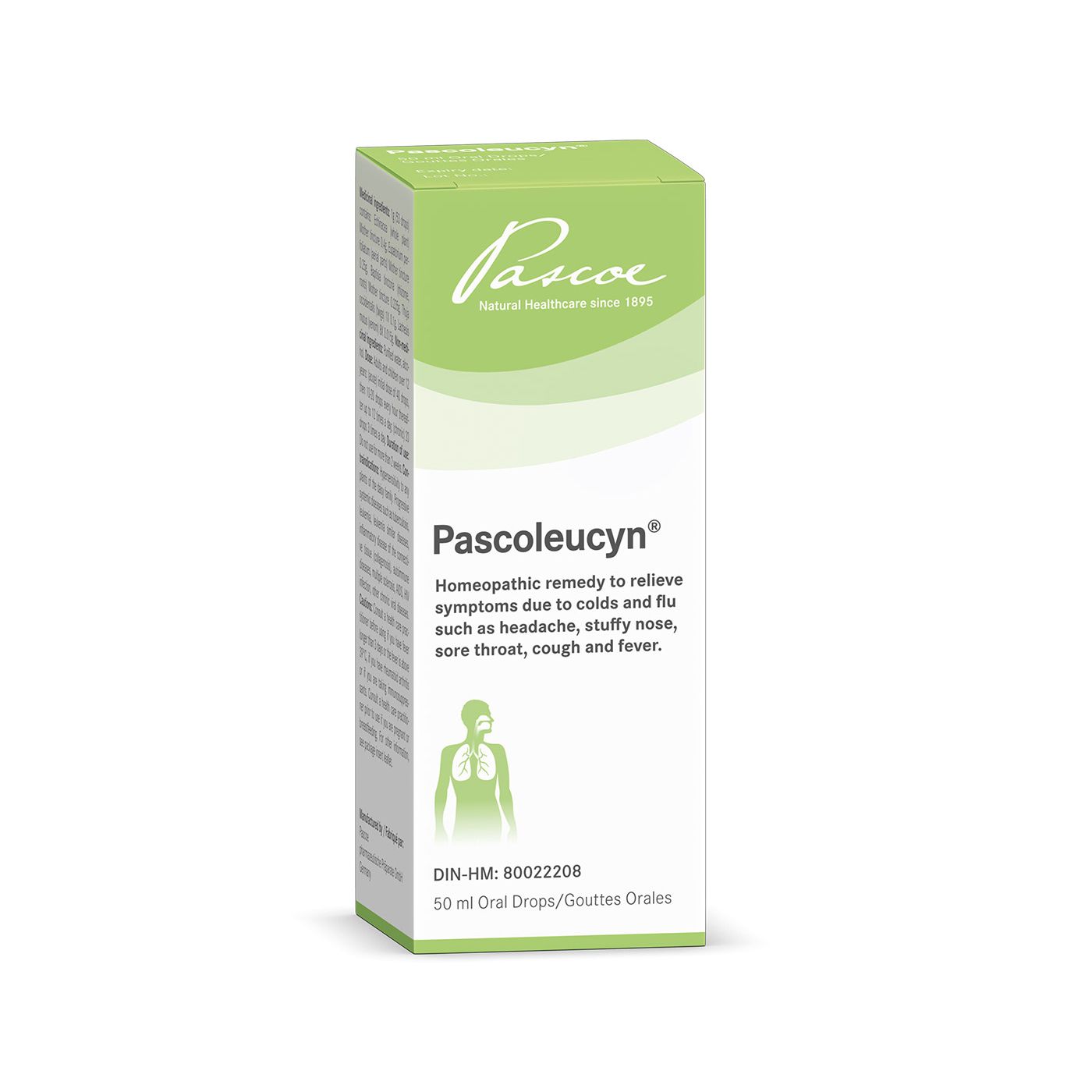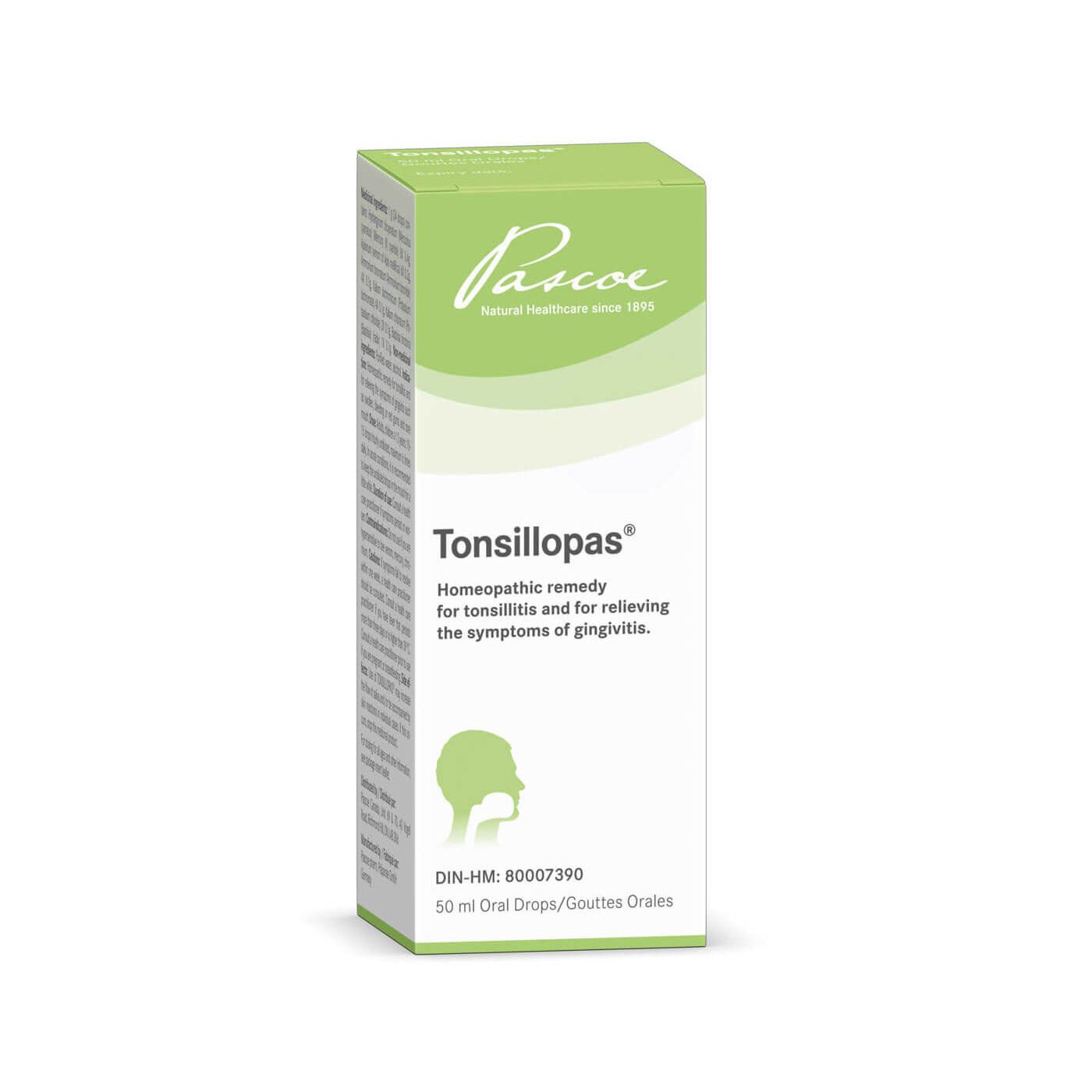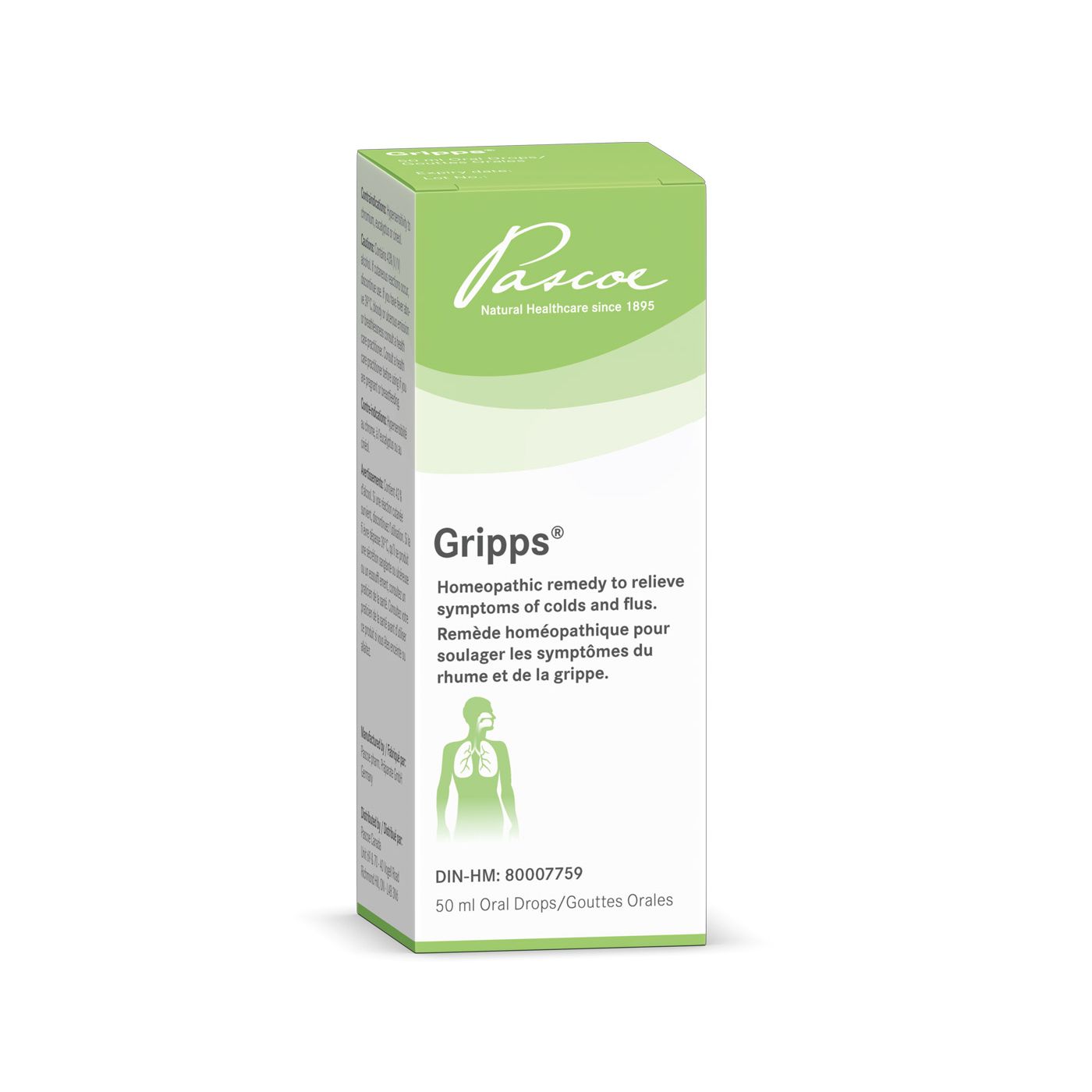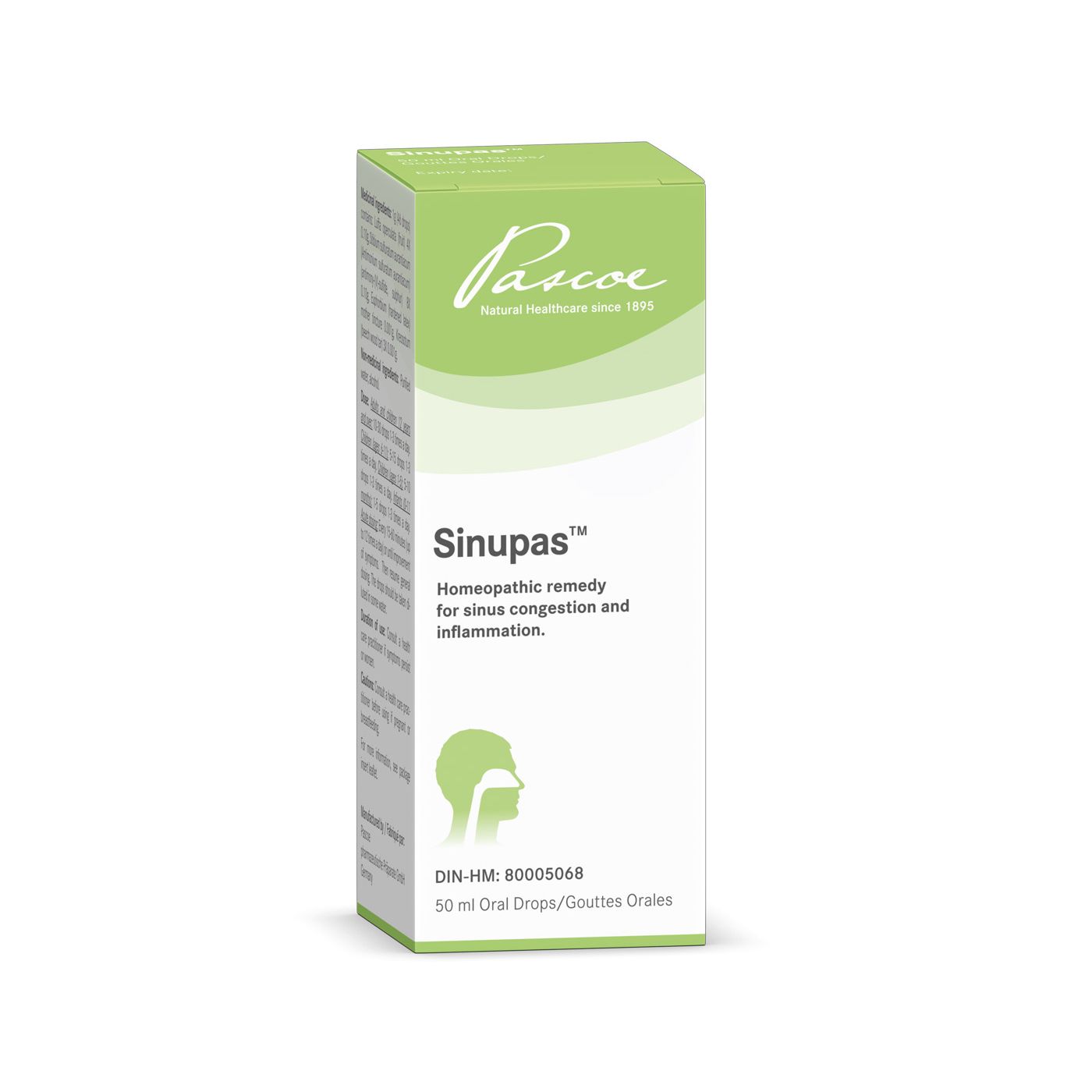How To Spot Cold vs. Flu Symptoms
Both the common cold and seasonal influenza are viral infections of the upper respiratory tract. What differs is the virus itself. If you have a cold, you’ve been infected by the rhinovirus, and if you’re suffering from the flu virus, it is a influenza virus.
While the common cold virus will affect higher up and often cause congestion, sneezing, mild headaches, and potentially a sore throat, the flu presents more deeply, leading to higher fevers, intense body aches, an overall feeling of unwell, and more intense levels of exhaustion.
This winter, here’s how to spot the common cold vs flu.
Cold Symptoms
If you’ve been suffering from a stuffy nose or sore throat, it’s time to stay home and get plenty of rest! A runny nose is also a sign that you’ve caught the common cold.


Additional symptoms can include:
- coughing
- slight body aches
- mild headaches
- sneezing
- low-grade fever
Feeling unwell this time of year is not uncommon. But when you find instead that your suffering increases to more severe body aches, chills, stronger headaches or migraines, or you’re also vomiting – these are signs that you’re experiencing flu symptoms vs cold symptoms.
Influenza (Flu) Symptoms
The characteristic symptoms of the influenza virus, or a seasonal flu, can include:
- fever and chills
- cough
- sore throat
- runny or stuffy nose
- achiness
- headaches and migraines
- extreme fatigue
- vomiting
- diarrhoea
While many of these are similar to the symptoms of the common cold – and you might not experience all of these symptoms – there are some tell-tale signs that you’re dealing with a flu virus. If you’re suffering from fevers, chills, body aches, extreme fatigue, and/or vomiting, it’s time to rest up at home – you’ve got the flu!
There are four types of flu viruses, but only two that cause the most common seasonal flu. Because these viruses are common in the winter months, it can be a good preventative measure to get your annual flu vaccine.
Best Ways to Treat the Flu vs Cold
Influenza viruses respond best to many of the same treatments that you could use with the common cold; plenty of rest, lots of fluids, and nutrient-dense foods, when you can stomach them.
However, if you have a high fever, which is characteristic of the flu, try supporting your recovery with a fever reducer. It will give you some much needed relief! And if your aches or sore throat keep you up at night, consider taking a pain reliever to ensure that you’re getting a good night’s sleep.
While temporarily relieving symptoms can be beneficial, the best ways to recover from a flu bug are to get plenty of rest and fluids, and seek medical advice, if your symptoms persist. You might benefit from anti-viral medicines.
If you have a sore throat that persists, consult a medical professional to rule out strep throat. This can be contagious and will need to be treated specifically with antibiotics.
How To Treat a Cold
Take this advice and apply it to both your cold or flu. Warm beverages will help to soothe a sore throat, while you cozy up with a good book or movie. Take time at home to get plenty of rest and support your immune system with vitamin C, vitamin D, and zinc.
Some beneficial foods to eat include warm broth, which is nutrient-dense and soothing to the throat. Vitamin C or ascorbic acid is a water-soluble vitamin found in a number of vegetables and helps to support antioxidant production and activity in the body.
Fill your plate with many foods rich in vitamin C including red pepper, orange juice, broccoli, cabbage and cauliflower.
Consuming more zinc-rich foods will also help to enrich your immune function and fight off existing viral invaders. If you eat seafood and meat, support your body by eating oysters, crab, lamb, or beef, in moderate amounts. These are all zinc-rich and protein-rich foods, which help to maintain a robust immune system!
For those that eat a vegetarian diet, zinc can also be found in pumpkin seeds, almonds, oats, and chickpeas.
Vitamin D is also predominantly found in animal-sourced foods like liver, oily fish (tuna, salmon, and mackerel), as well as egg yolks. Because so few foods contain vitamin D, it can be especially important to find a potent supplement of vitamin D’s most active form, vitamin D3 or cholecalciferol.
Herbal Remedies for Cold and Flu
Many antimicrobial plants exist that help us to recover when we are hit with either a cold or flu virus, or work greatly preventatively in the winter months. These include rosemary, thyme, oil of oregano, eucalyptus, and echinacea.
Eucalyptus is a great specific treatment for relieving coughs, congestion, and other cold associated pain or soreness. It has also been used as antiseptic, killing off harmful bacterias.
Echinacea, on the other hand, is often used for general immune maintenance and in the prevention of cold and flus. It is anti-inflammatory and aids in the health and maintenance of our upper respiratory system.
Supporting the Lymphatic System
If you are suffering from areas of specific inflammation like sore throat and sinus congestion, it can be useful to support lymphatic drainage in these areas. The lymphatic system runs throughout the body and down through all our extremities. It is a filtration system for toxins and metabolic byproducts. Before lymph, the fluid of the lymphatic system, returns back into the bloodstream, it must first be cleared of these impediments.
When we are suffering with areas of inflammation, this can be due to a blockage within our lymphatic system. Reduce inflammation by performing lymphatic massage to the swollen lymph nodes near the sinuses and at the back of the neck near the tonsils.
Prevention Tips
The best way to defend against the common cold or seasonal flu is to work preventatively. Make sure to eat a diet rich in vitamins and minerals. This means more fruits and vegetables than processed foods.
Take supplements to make up for what you feel your diet might be lacking. And as we approach the winter months, it can be helpful to support our immune system with immune boosting nutrients like vitamin D, antioxidants, as well as routinely getting a good night’s sleep and regular physical exercise.
Disclaimer
Pascoe Canada does not offer health or medical advice as we are not a healthcare practitioner. Please speak with your healthcare practitioner before beginning any program related to nutrition, diet, exercise, fitness, medical, and/or wellness. All content published by Pascoe Canada is developed through collaborating with licensed medical professionals and contributors. This includes text, graphics, images, and other material on the website, newsletter, and products (“Content”). This content is for informational purposes only and does not constitute medical advice. The content does not substitute professional medical advice, diagnosis, or treatment. Please always do your own research on whether this is for you along with your healthcare practitioner advice. Always consult your healthcare practitioner prior to using specific herbs because you might have underlying conditions that need professional care. The content is general in nature and is subject to change. It is not intended to cover all possible uses, directions, precautions, warnings, drug interactions, allergic reactions, or adverse effects.








